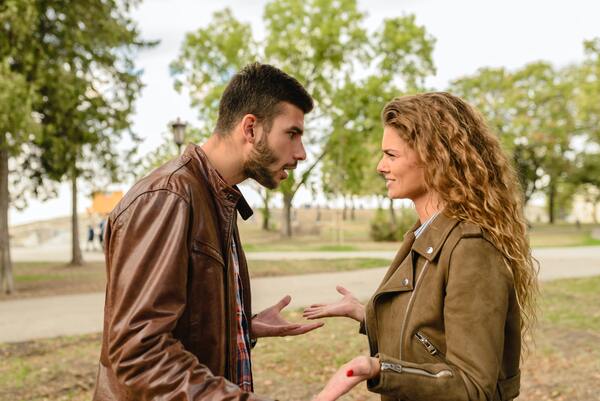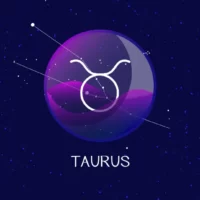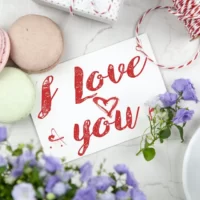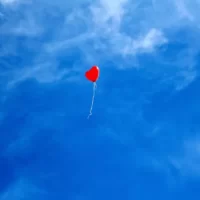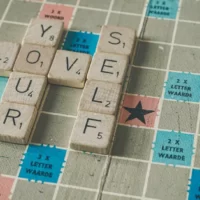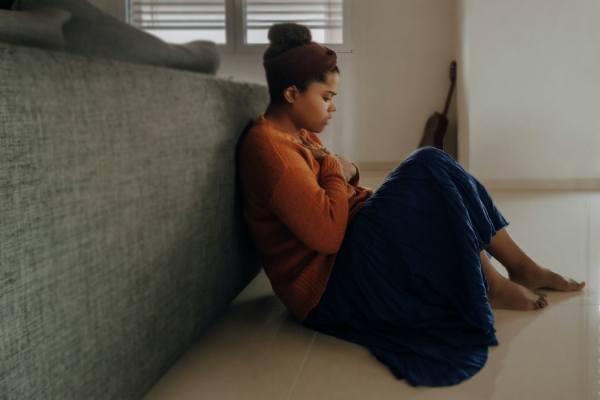In movies, love is all sunshine and roses, but for some reason, it’s not like that in real life. Being in love involves suffering. Why then does love cause pain? Read this article to discover the causes and discover how to handle a similar circumstance in the future.
The question, “Why does love hurt?” may be a cliché that has been used repeatedly in films, songs, and books, but it still deserves to be asked. It does, and that much is beyond dispute. No matter how long you’ve been in a relationship or the circumstances surrounding its end, being hurt can be difficult and painful, not just emotionally but also physically; after all, they call it a broken heart for a reason.
But should love always cause pain? Continue reading to learn the answer to this important query.
Why Does Love Hurt?
Is love supposed to hurt, you may have ever questioned.’ the answer, at least according to science, is yes. Because of a variety of factors, heartbreak can be physically damaging in addition to being devastating emotionally.
Love can be painful even when you’re partnered, so just because you’re in a relationship doesn’t mean you’re immune.
What Goes Up, Must Come Down
Both biology and physics agree that this adage is true. Dopamine, or the chemical that causes feelings of happiness and joy, is frequently produced in greater amounts than usual in the early stages of a romantic relationship.
Dopamine and other happy-inducing chemicals are no longer produced in the same quantities after that initial stage is over, which causes a sharp decline in mood and emotional state.
Love can be painful at times, and this is frequently the reason relationships end after the initial “honeymoon” period.
The Uncertainty About the Future

Because of the uncertainty of it all, one of the main answers to the question “why does love hurt” is that it does. When we fall in love, we feel incredibly wonderful and secure. We grow somewhat accustomed to that safety and comfort and don’t want it to disappear because it makes us happy.
Unfortunately, there are no guarantees in love. Experience has shown us that. And our hearts are so terrified that this relationship will end badly like others and hurt us. Again.
Therefore, the uncertainty of our relationship’s future—and how it will turn out—is what makes us physically uncomfortable. Physical symptoms of anxiety include nausea, a real-feeling of heartache, dizziness, and headaches. Painful symptoms, both literally and metaphorically.
Be mindful of your future-related worries. Nobody can predict what will happen, so worrying about it will only make you feel less happy right now.
The Expectations of What Could Be
Love can be hurtful in a relationship, but that darn future is what does it.
Living in the moment can be extremely challenging for many of us. We look ahead to the future instead of appreciating where we are right now. Even if you feel safe in your relationship, the anxiety of not knowing what will come next can be physically and emotionally painful.
The questions you keep asking yourself cause this. When will we next meet? What, if anything, are our weekend plans? When will we be able to live together? When is she going to meet her friends and introduce me?
Once more, it can hurt to worry about the future when you are in a stable, committed relationship. Similar signs to those previously mentioned can also exist. It’s also possible that you’ll start to feel needy and clingy, neither of which are enjoyable for your partner.
Therefore, if you are someone who constantly worries about the future, try to let it go and put your attention on the present.
The Chemical Crash
The chemistry of our bodies is another factor contributing to the agony of love. Numerous wonderful chemicals are circulating through our bodies as we fall in love.
When we are in a state of love or lust, dopamine, serotonin, oxytocin, and endorphins are all stimulated. It’s almost addictive how good those chemicals make you feel. Because our bodies only produce them occasionally, such as when we are in love or right after we work out, we yearn for them when we don’t have any.
You know how it’s so painful to be apart after spending a lovely weekend together? This is because the chemicals that make you feel so good are actually being physically withheld from your body. You won’t experience them once more until you make contact with your person.
We will do almost anything to alleviate the pain because this withdrawal is so excruciating. This need causes anxiety about when we will see them again, which exacerbates the suffering.
I advise my clients to work out if they are experiencing withdrawal discomfort. Exercise releases dopamine, serotonin, oxytocin, and endorphins, which can temporarily reduce pain by reintroducing these chemicals into your bloodstream.
The Baggage We Bring
Yes, we have all experienced periods of being in and out of love throughout our lives, and for many of us, the memories of those times are still vivid and fresh in our minds. As a result, we carry the burden of former relationships into our present ones, which can be painful.
I am aware that I have had a number of boyfriends who have disappointed me. They broke their big promises to me after making them and I was devastated.
As a result, whenever I start a new relationship, I am constantly on the lookout for disappointment. Sometimes it gets so bad that I purposely let my new guy down so I can see what he does.
This baggage, baggage from previous relationships, can be very painful in new ones. This is risky because we don’t want the old one’s success to be hampered by its baggage.
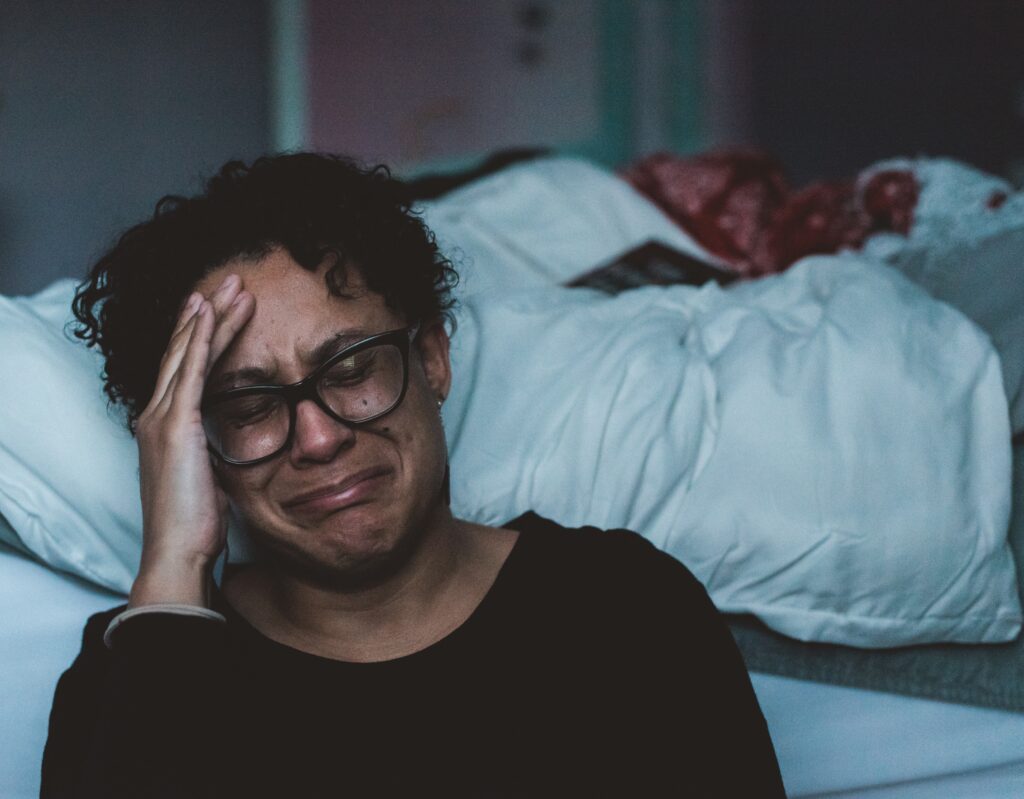
In order to avoid projecting your pain from previous relationships onto your new partner, try to let it go. Don’t make him pay for it; it wasn’t his fault that another guy messed up.
How to Stop Being Hurt by Love?
Rejection and breakups can hurt, but we should process our feelings rather than run away from them. If you’re unable to overcome them, it’s time to try some fresh strategies.
Stop ‘Telling the Story’
There are methods of sharing your heartbreak that will aid in its recovery. This can take the form of working through it in therapy or writing about it in a journal.
Use Your ‘Love Pain’ as An Opportunity
Consider how you are treating yourself at that precise moment each time you have the thought, “Love hurts.” We delegate the task of taking care of ourselves to this ex-partner, and then we proceed to treat ourselves in a similar manner.
What actions are you taking to abandon yourself if you feel abandoned? Do you take good care of yourself? Do you prefer to hang out with those who treat you well or those who criticize you? Aside from self-criticism, have you taken the time to reflect on your day’s successes?
Seek Support
- Is your love pain recurring?
- After every breakup, are you a wreck for months?
- Always seeking out the emotionally unavailable and experiencing rejection?
Sometimes we find ourselves repeating a way of being and thinking that we acquired as children and that has become so ingrained that it would be extremely difficult for us to change on our own. We need support.
You can learn new ways of seeing and acting that in fact attract the real love you long for and identify these patterns with the assistance of a counselor or psychotherapist.
Conclusion: Love Does Hurt, But for Good Reason
As the poet Alfred Lord Tennyson once said, “To have loved and lost is preferable to never have loved at all.” Avoiding love is the only way to prevent being harmed by it (and even that doesn’t always work!)
The risk of being hurt and the possibility that the experience will make you stronger come with being vulnerable, which is what it means to be in love. Eharmony is a great place to start when you’re ready to take a chance on love and find true love.
Love has the potential to be both wonderful and painful. You can live happily ever after as long as the two are balanced equally.



